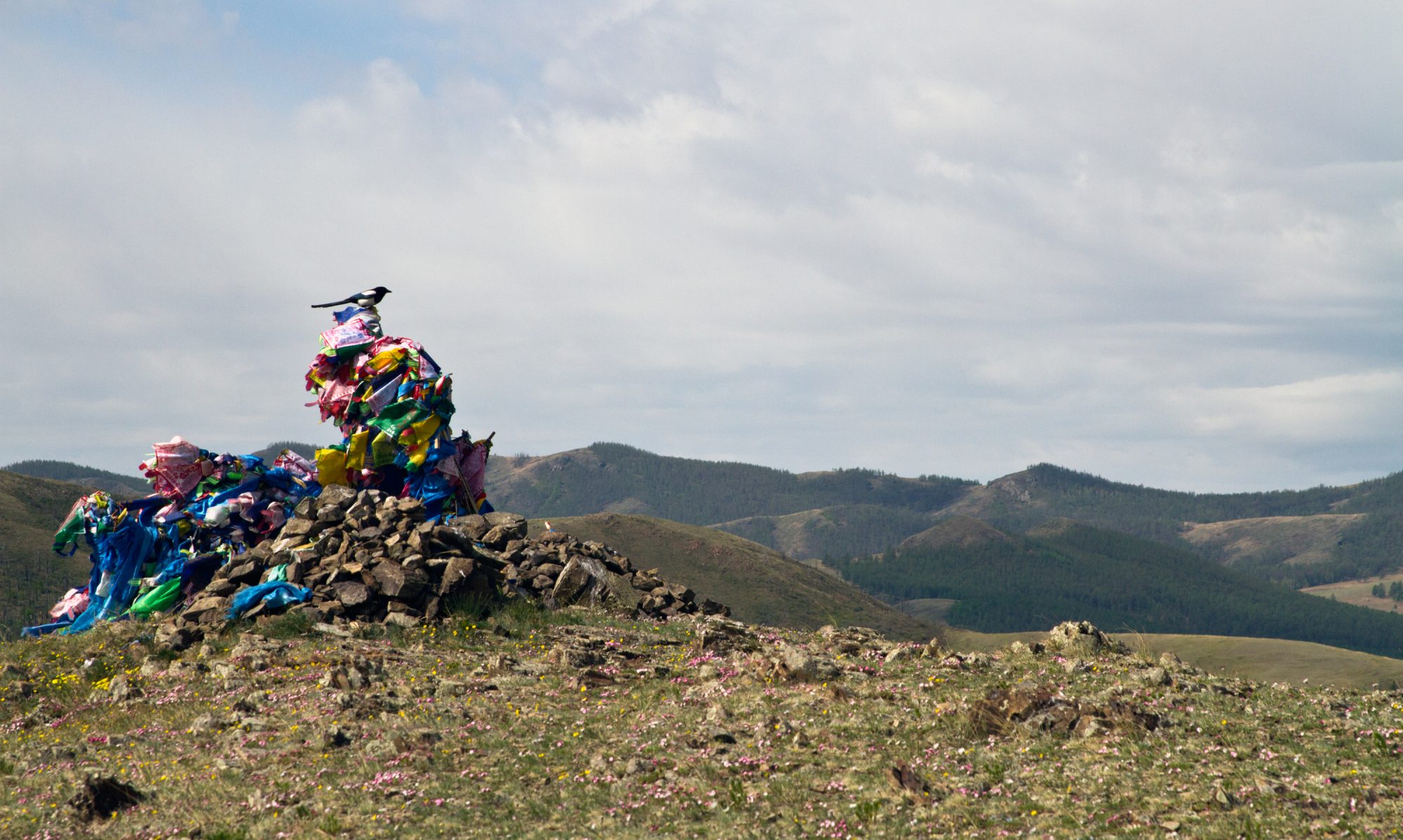It’s always best to begin with questionable etymology, no matter what the subject. (See, Heidegger did teach me something after all.) Wikipedia says (today) that the word sin ultimately comes from the Proto-Indo-European *es-, to be. Provocative! – to be is to sin. Even better: the word(possibly) (maybe) comes through an unattested intermediary, whose meaning is “it is true”. Truly, to be is to be in sin.
That’s how I was feeling the other morning: I can’t help but fall short. I don’t have the resources to live adequately the shortened, cramped life i’m leading now. How then could I make the fuller life I want? I’m not capable. Only so much energy. Then I have nothing. (Funnily: I tend to act out this feeling with frantic bursts of energy, shouting and stomping.)
The parable of the talents has always been terrible to me. In lower, quieter moments, I seem to hear a voice, asking: Why have you done nothing with what I have given you? Over and over again, I feel like I have given hope and disappointed it, throughout mylife from start to now. Overcommittal and underperformance are my foci, I always feel equally too close to each.
And I feel judged by a distinct personality, who has distinct hopes and wishes (which are masked from me, in the vain but loving desire to allow me my own [terrible] choice). I can sympathize with pantheism intellectually, but I don’t feel it. With a full belly and with a good night’s sleep behind me, I can talk myself into feeling the oneness of nature. But it’s a derivative oneness, with a created character, bearing the stamp of its maker. When I was still trying to believe in god, I felt that atheism would be such a comfort. There is no judgment! – because no one is there to judge. No one but myself. Now that I am confident I can’t believe, I find (with relief) that the perpetual feeling of being judged has not disappeared. Only there is no god any longer to bear the personality. I went to where he was not, and even there he still was.
The empty, worn out feeling is uncanny. I wriggle with panic in the grip of it. It seems larger than any energy I could have the use of, and I vanish in comparison while my uncompleted tasks only grow. It’s large, and dark, and heavy, and turning my eyes to it makes me furious with terror.
Also funny: the reaction that calms me down fastest: the kind of backstage banter that acknowledges the anxiety but shows its other face. It’s all a performance; the eyes that watch me from the dark don’t have power over me; I can relax and take off my mask. It’s a particular knack to this kind of banter that both affirms my sense of the immensity of the dark, but that also deprives it of ultimate reality. God is only my father, I don’t have to do anything I can’t, just dip this sponge in water and those painted lines come right off the face.
